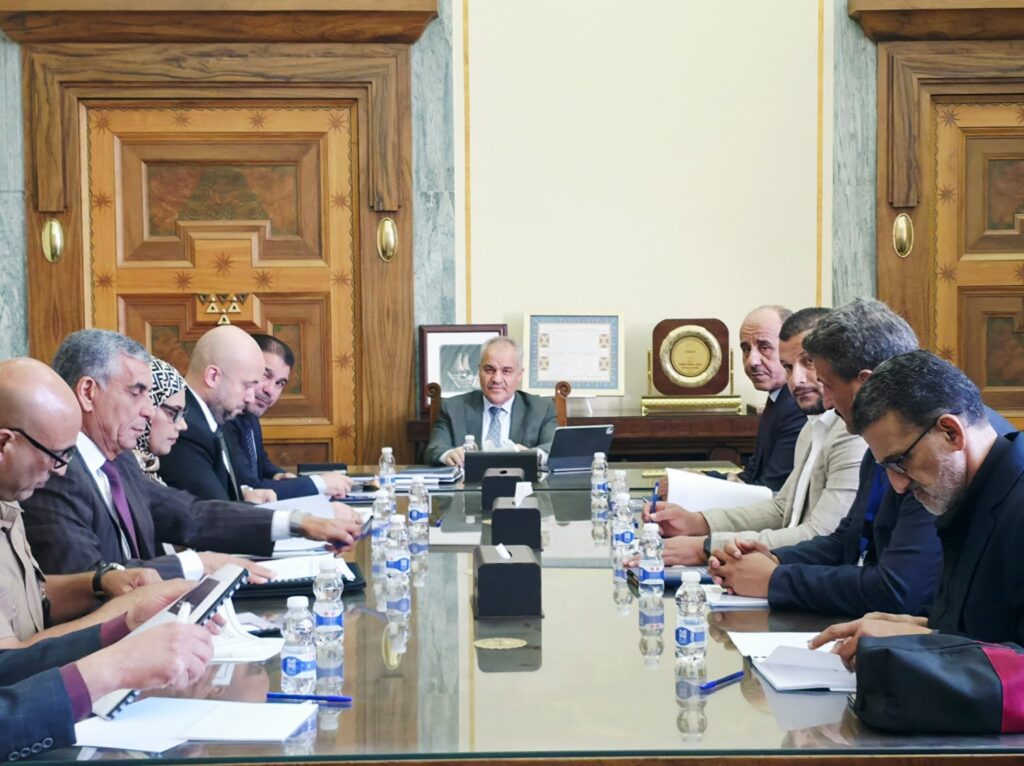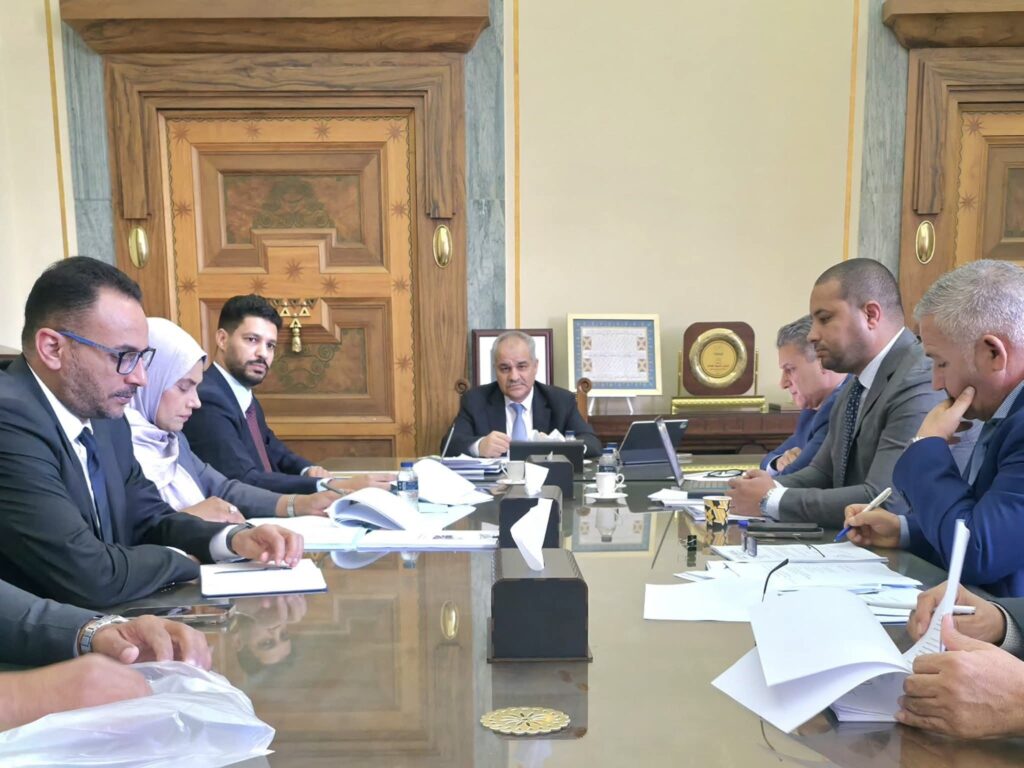Tripoli— The Central Bank of Libya (CBL) has reported that the rise in gold and currency prices has led to a positive impact on the total value of the investment portfolios, which amounted to approximately $98.8 billion.
The announcement came after a meeting of the Risk and Investment Committee of the Central Bank of Libya (RICCBL) that was held on 8 October at the CBL’s headquarters in the capital Tripoli.
Of the total amount of the investment portfolios, gold represents a value of $18.164 billion, or 18.38%, most of which is used as a currency cover.
The RICCBL also reviewed the investment returns achieved from these assets up to September 30, which amounted to $2 billion, reflecting a positive performance in the management of foreign reserves. This has allowed mitigating the deficit in oil revenues and the balance of payments resulting from the expansion of foreign exchange spending, according to CBL.
To enhance investment instruments further, the RICCBL has decided to issue unrestricted “Mudarabah” certificates as a tool for diversifying sources of return for commercial banks. The first of which will be announced on Sunday 12 October 2025.
According to CBL, this will reflect “the Bank’s orientation toward expanding the investment base and achieving maximum benefit from the liquidity available in the local market.”
The meeting and the measures taken come “as part of the Central Bank of Libya’s commitment to enhancing transparency and efficiency in managing its foreign currency reserves, and to presenting a positive picture of the indicators of monetary, financial, and economic stability in the country,” said the Bank.
Nonetheless, a meeting of the National Committee for Combating Money Laundering and Terrorism Financing (NCCMLTF) took place on 7 October during which the members underlined the risks that could result from the non-adoption of an Anti-Money Laundering and Terrorism Financing (AML/CTF) Law.
The NCCMLTF also stressed the need for establishing a number of specialized working groups in various areas within the AML/CTF framework in order to strengthen national coordination and enhance the capacities of related institutions in line with the relevant international standards.

